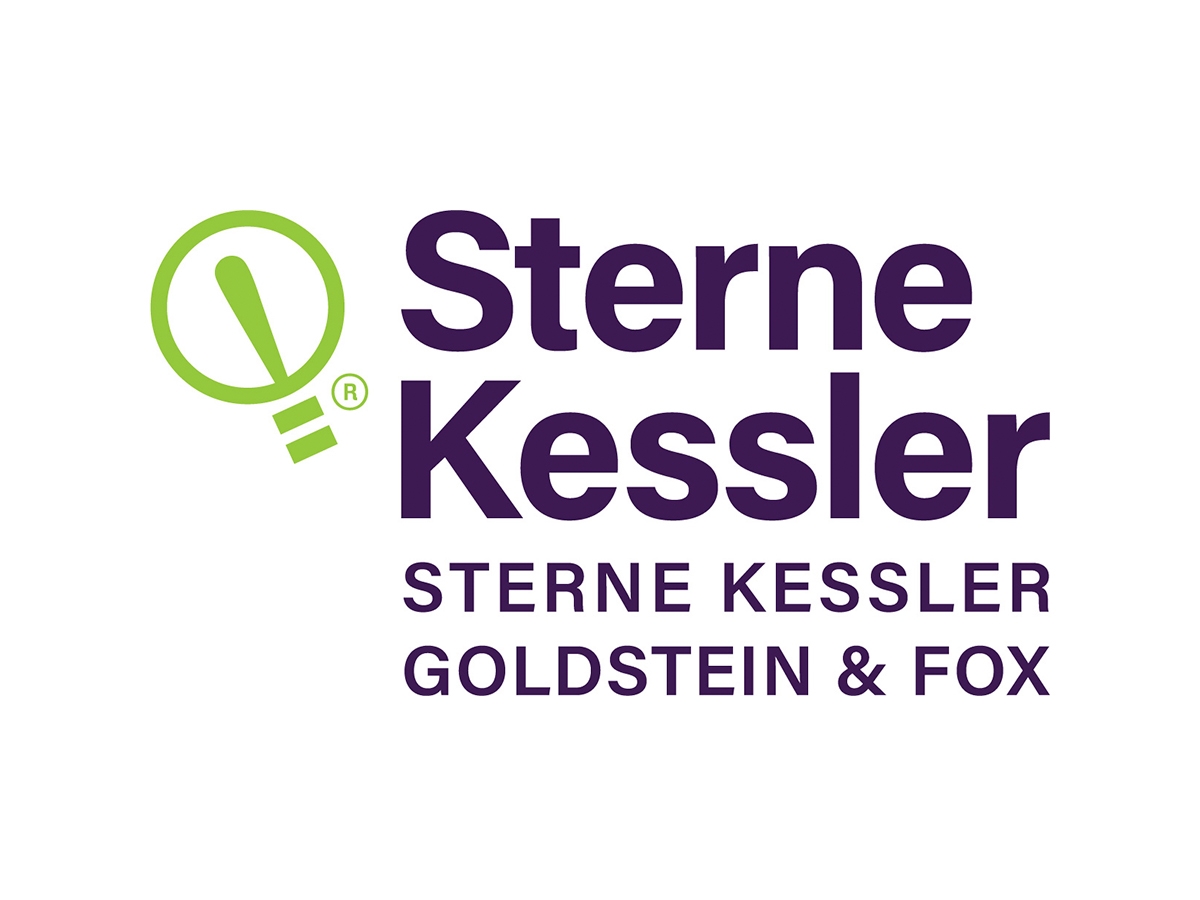Former USPTO Officials Urge Vidal to Immediately Withdraw NPRM on Terminal Disclaimers
“[T]he former USPTO officials note that rendering patents unenforceable in this way is ‘a dramatic (and possibly illegal) departure from the normal process of considering each patent claim on its own merits.’”
On May 28, a group of five former Directors, Deputy Directors and Patent Commissioners at the U.S. Patent and Trademark Office (USPTO) sent a letter addressed to currenUSPTO Director Kathi Vidal in opposition to a rule package on terminal disclaimer practice proposed earlier this month. This group of highly-ranking former government officials join a growing chorus of voices who are concerned by the apparent overreach of the nation’s patent granting agency into substantive rulemaking that would create enforceability issues for companies making use of terminal disclaimers to obtain patent rights.
NPRM on Terminal Disclaimers in Continuation Practice Creates Instant Controversy
In early May, the USPTO issued a notice of proposed rulemaking (NPRM) in the Federal Register that would add a new requirement to terminal disclaimers filed to overcome patent examiner rejections for nonstatutory double patenting. The proposed rule would require patent applicants to agree to hold unenforceable any patent that is tied by terminal disclaimer to another patent having claims invalidated either at the agency or in federal court. The agency’s NPRM indicated that the proposed rules are meant to prevent multiple patents that are obvious variants of each other from potentially deterring competition.
Almost immediately after the USPTO published the NPRM in the Federal Register, several industry insiders sounded alarms over the likely negative impacts of the proposed rule. IPWatchdog Founder and CEO Gene Quinn called the NPRM “outrageously stupid,” noting that the law requires that patent validity be assessed claim by claim and that the judicially-created doctrine of double patenting lacks a proper basis in U.S. patent law. Commentary from Sherry Knowles, Principal at Knowles Intellectual Property Strategies, pointed out that the USPTO’s proposed new requirement on terminal disclaimers exceeds both case law cited by the USPTO in support of its proposed rule as well as the agency’s statutory rulemaking authority, which allows the USPTO to issue procedural rules but not rules affecting substantive patent rights.
The former USPTO officials opining on the agency’s proposed rule note the unusual nature of their letter, but voice many similar concerns regarding not only the agency’s overreach of its statutory authority but also the perverse incentives the rule creates to impact the innovation economy in negative ways. The undersigned officials calling for Director Vidal to immediately withdraw the NPRM include Former USPTO Directors Andrei Iancu and David Kappos, Former USPTO Deputy Directors Laura Peters and Russell Slifer, and Former Commissioner for Patents Drew Hirshfeld.
Under the proposed rule, a validity determination that cancels claims in one patent clearly impacts the scope of patent rights in a separate patent application tied via terminal disclaimer. As a result, the former USPTO officials contend that the NPRM will likely be challenged as a substantive rule outside of the agency’s procedural rulemaking authority. Like other critics of the NPRM on terminal disclaimer practice, the former USPTO officials note that rendering patents unenforceable in this way is “a dramatic (and possibly illegal) departure from the normal process of considering each patent claim on its own merits.”
New Rules and Increased RCE Fees Constitute Agency Action to Limit Continuation Patents
By reducing the use of terminal disclaimers filed to overcome examiner rejections, the former USPTO officials argue that the proposed rule will significantly increase the cost of obtaining patents for independent inventors and other under-resourced innovators. Worse, the proposed rule is likely to incentivize parties infringing on continuation patents, which are often issued under terminal disclaimers by the patentee, to challenge claims in other patents tied by terminal disclaimer as a shortcut to avoiding infringement liability on otherwise meritorious patent claims.
Despite the USPTO’s concerns about promoting competition, the former USPTO officials opposing the terminal disclaimer rules note that the agency has made no showing that terminal disclaimers and continuation practice are harming the American economy. The former officials are particularly troubled by the agency’s decision to promulgate such rules without conducting thorough studies that would inform the public of their impact on continuation practice. The officials acknowledged that the NPRM has an immediate effect on filing practices even while the agency solicits feedback from stakeholders on the proposed terminal disclaimer rules.
Although inventors are afforded the right to pursue continuation patents by statute, the former USPTO officials argue that the NPRM, along with recent fee setting proposals that would increase the cost of requests for continued examination by 700% in some cases, constitutes agency action to significantly deter continuation patents. Such agency attempts to limit continuation practice has been successfully challenged in the past. While the letter from former USPTO officials doesn’t discuss the agency’s controversial decision back in 2007 to propose rules limiting continuation patents, other commentators have pointed out that the USPTO remains under a permanent injunction regarding rules impacting continuation practice.
At a time when the United States needs to maintain its technological dominance against foreign rivals in critical tech sectors like 5G/6G communications, quantum computing and artificial intelligence, the nation’s patent granting agency should not adopt terminal disclaimer rules that would increase uncertainty for patent owners, the former USPTO officials conclude.
Image Source: Deposit Photos
Author: j.dudzinski
Image ID: 124935998
Steve Brachmann
Steve Brachmann is a graduate of the University at Buffalo School of Law, having earned his Juris Doctor in May 2022 and served as the President of the Intellectual Property […see more]







